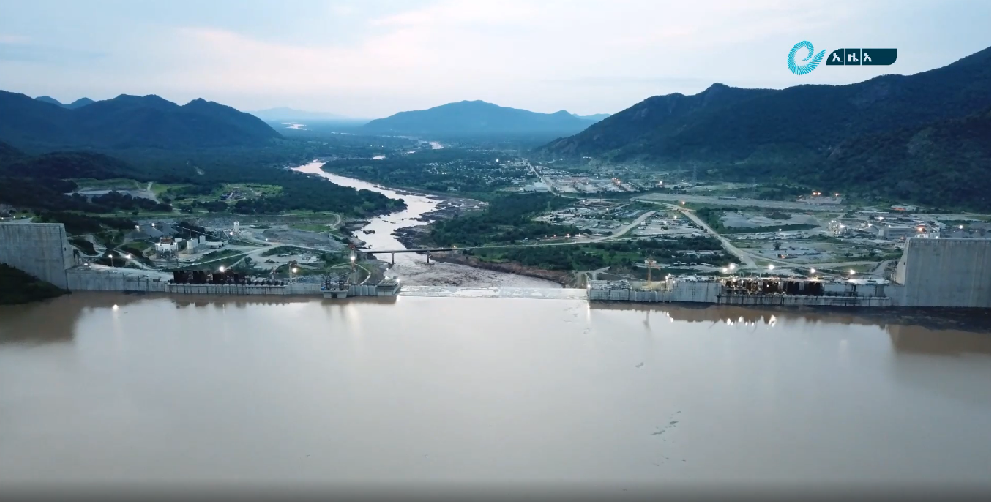UNESCO Water Cooperation Chair Advises Nation Not to Lose Good Will of Int'l Community in Nile Dev't - ENA English
UNESCO Water Cooperation Chair Advises Nation Not to Lose Good Will of Int'l Community in Nile Dev't

Addis Ababa, September 5/2020(ENA) Ethiopia has to maintain the good relations and act responsibly not to lose the good will of the international community, including the U.S., for its future developments in the Blue Nile River and beyond GERD, UNESCO International Water Cooperation Chair Ashok Swain said.
According to him, Ethiopia shouldn’t really ignore the U.S., but at the same time the kind of ‘threat’ given by the US’s Trump administration counts in deeds and numbers. “Ethiopia can afford to ignore it for some time, but in the long term the country can’t ignore it.”

The Trump administration has decided to cut foreign assistance at this point, and this will be a setback, the chair said, explaining that “we should however realize that election is coming and there is a possibility of change of administration.”
Professor Swain noted that the U.S administration cannot be a good office or neutral body in the Grand Ethiopian Renaissance Dam tripartite negotiations as Egypt has longer and more developed relationship with the U.S than Ethiopia.
Besides, the administration which has gone out of the climate agreement and the Iran agreement is trying hard to broker deals before the election this November, he elaborated.
The chair pointed out that Trump decided to cut foreign assistance at this point, and this will be a setback. “But there is a possibility of change of administration.”
Yet, Professor Swain suggested that Ethiopia, Egypt and Sudan continue the tripartite negotiations to reach a deal.
He noted that Ethiopia’s completion of first phase filling has annulled the water shortage immediate threats going down stream and gives more negotiating time for the three countries. “That gives at least 11 months or a year for the three countries to negotiate.”
However, the chair warned that Ethiopia needs to be careful now because Sudan is gradually becoming apprehensive.
“With this dam, Ethiopia had kept Sudan on its side. But now Sudan is actually apprehensive together with Egypt that there is no agreement. I think that should be kept in mind,” the chair stressed.
The professor expressed his hope that “there are lots of things evolving and still there is time for hopefully a negotiated deal.”
The 1959 treaty allocated the Nile River’s water fully to Egypt and Sudan, without including Ethiopia and the other 8 upstream countries.
He explained that “the problem has been Egypt particularly and Sudan to some extent, have never been used to sharing the water. No one else has control over the water except themselves.”
Thus it “will be a miracle to expect immediate solution and long-term agreement. That’s why I have been telling that they probably can get one or two year agreement on the dam filling and operation.”
The chair pointed out his belief that through a short-term agreement the parties could acquire mutual trust.